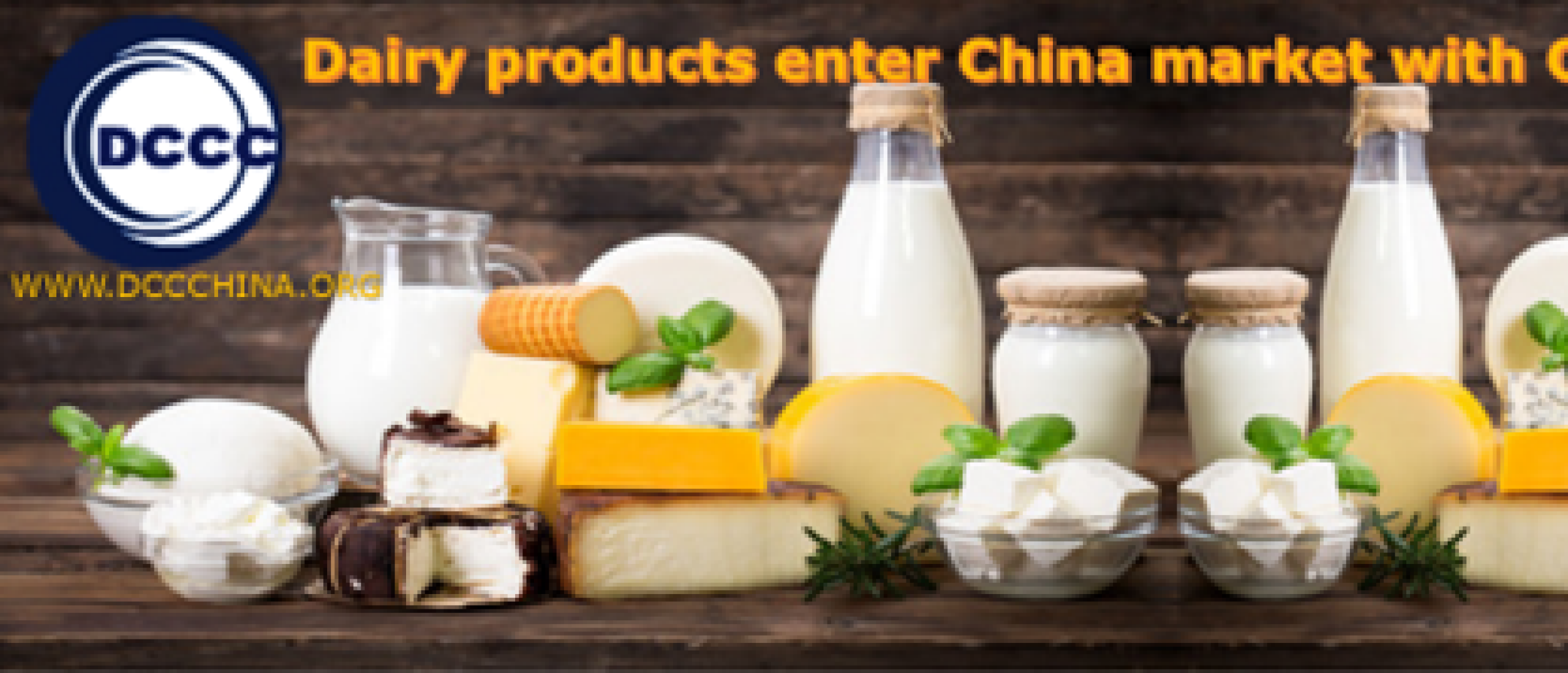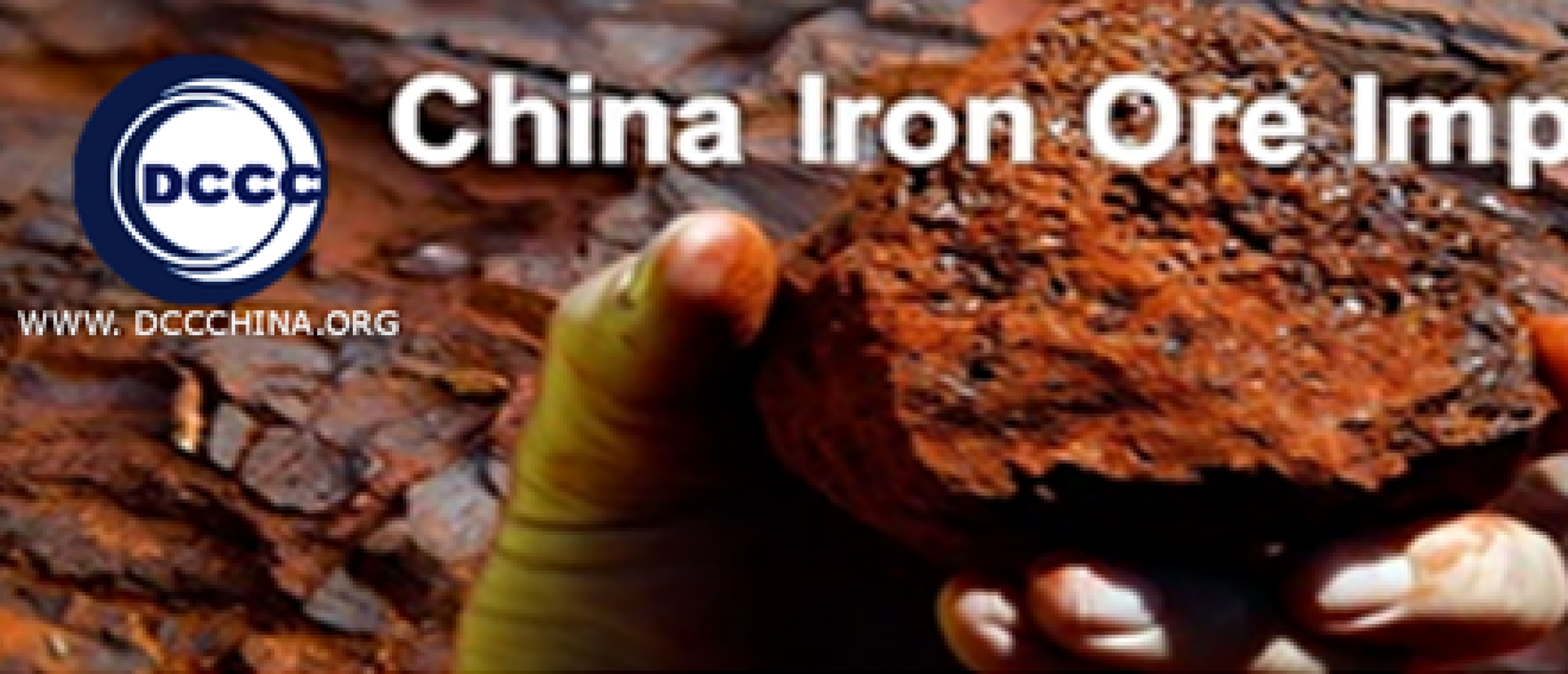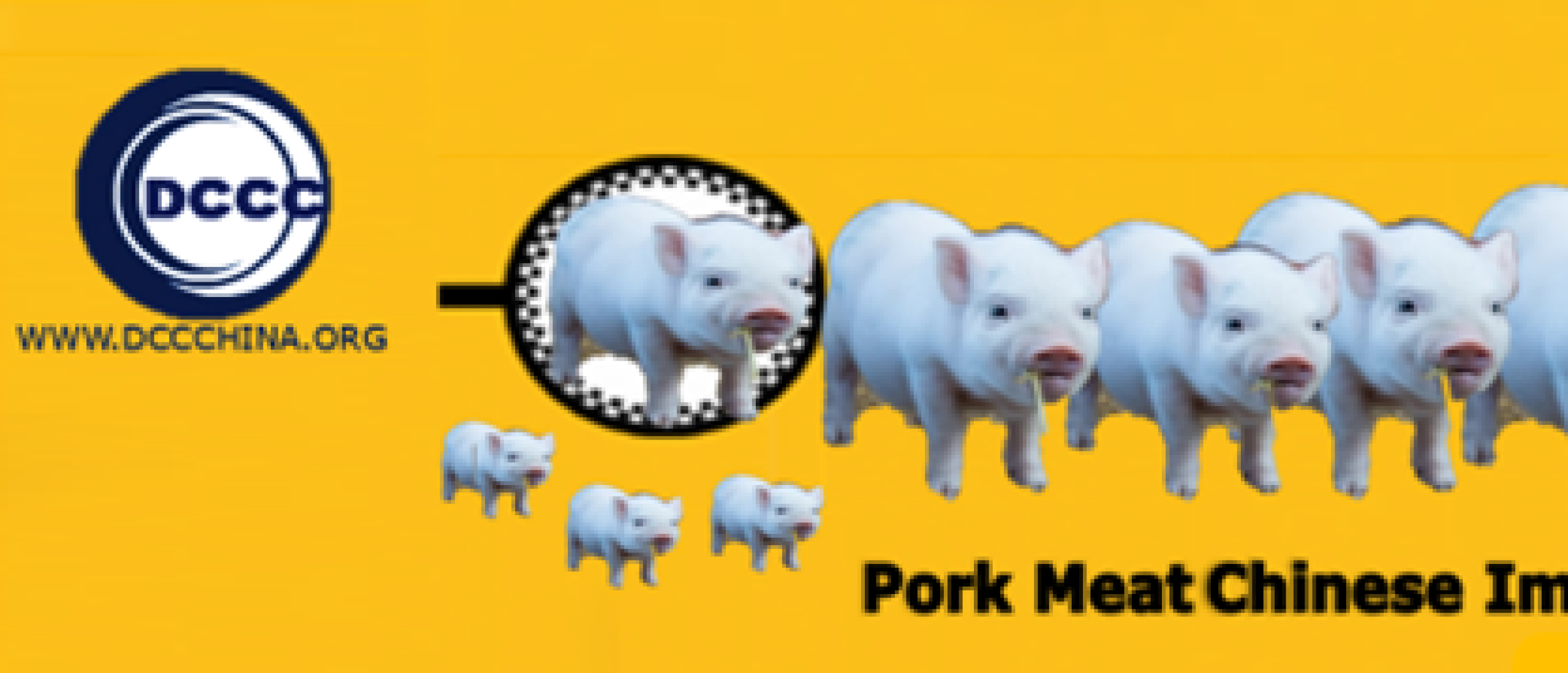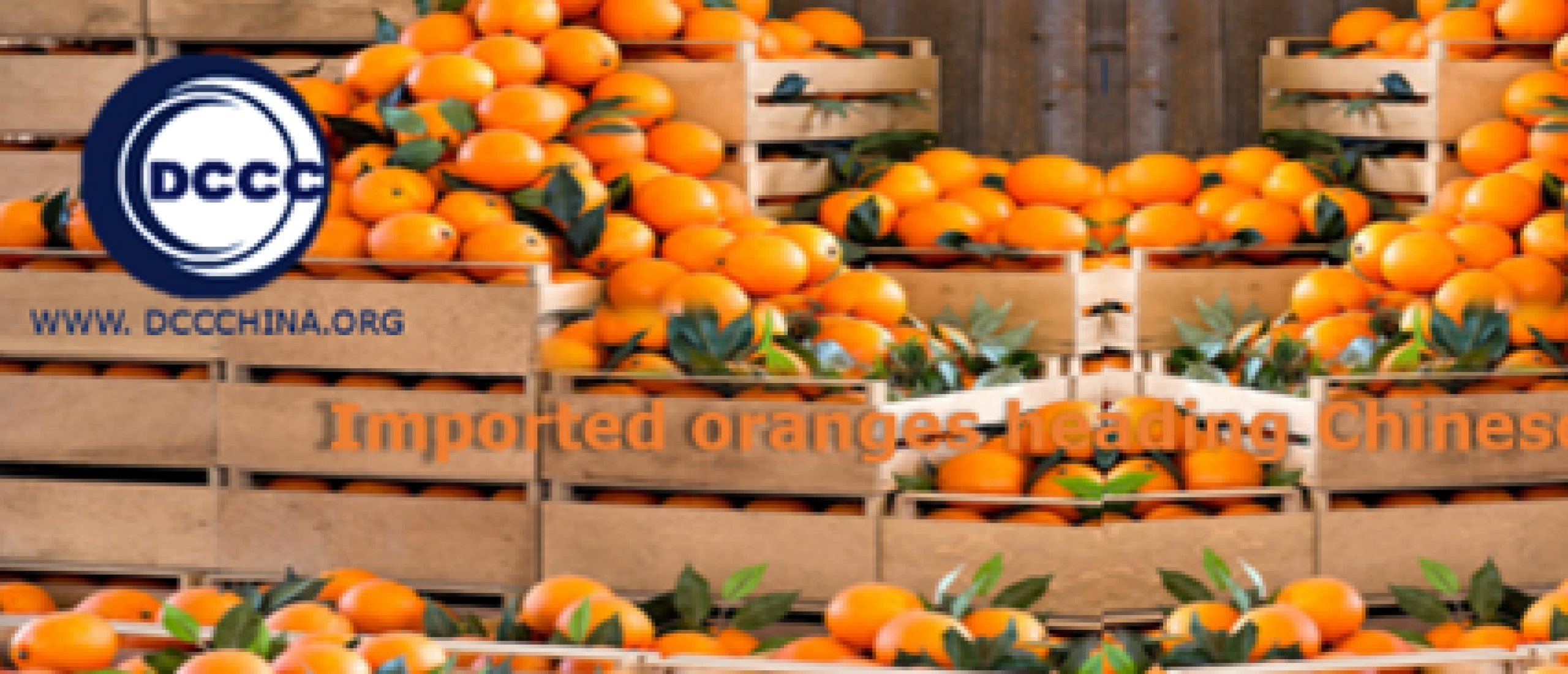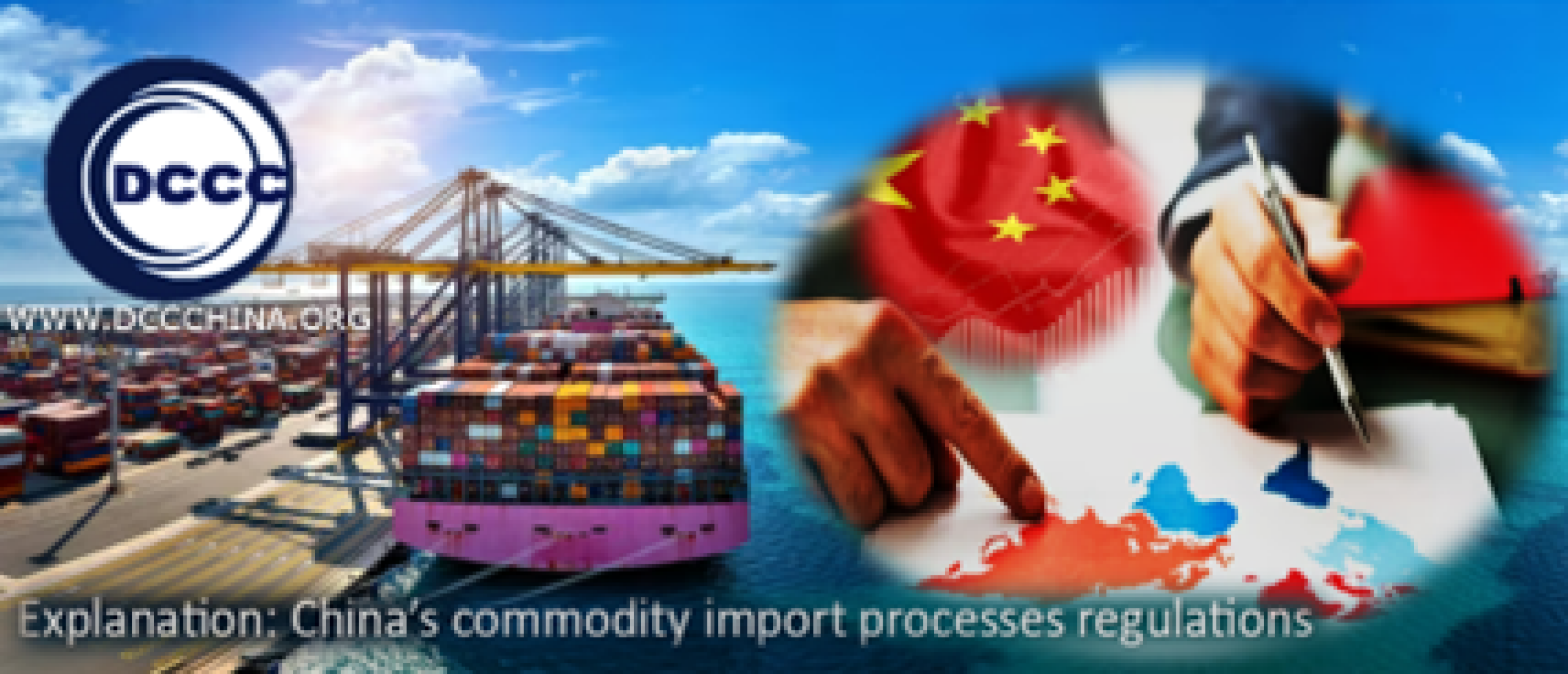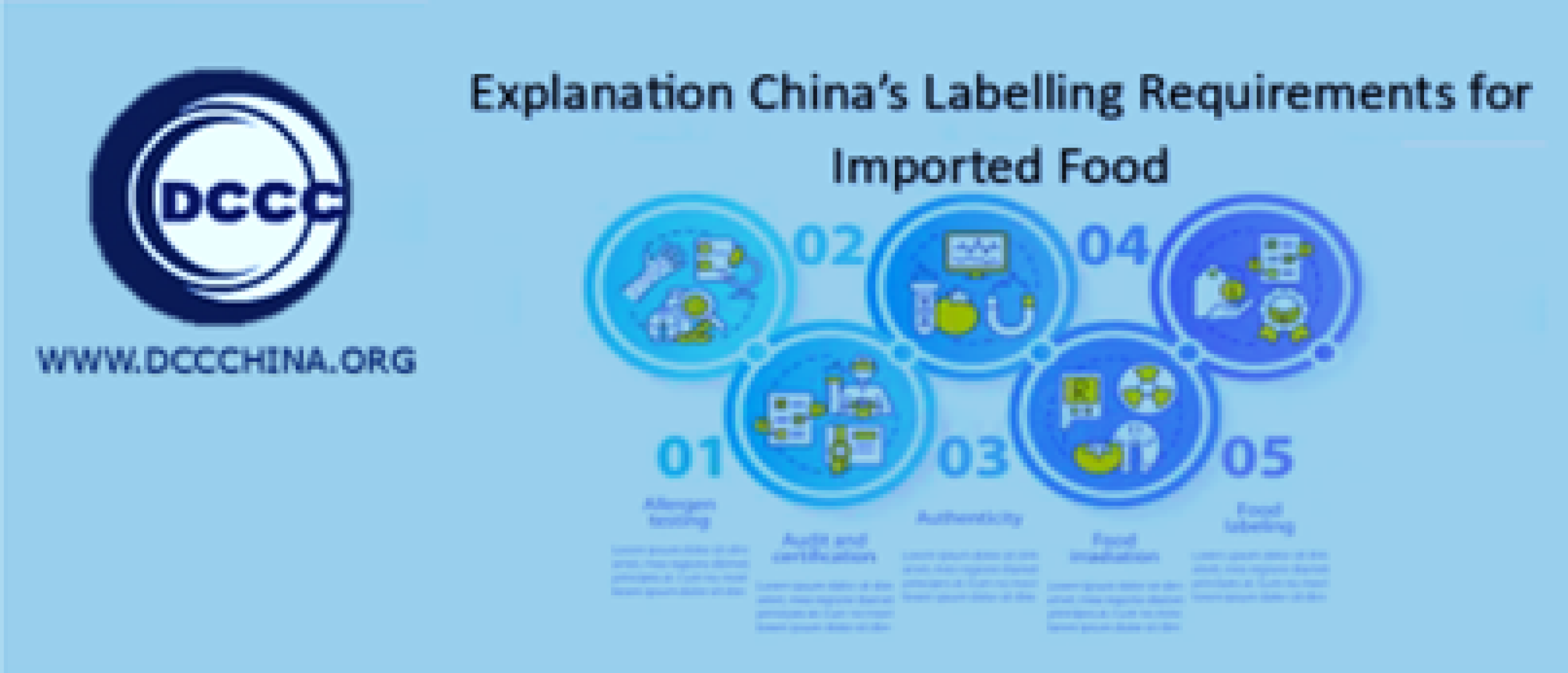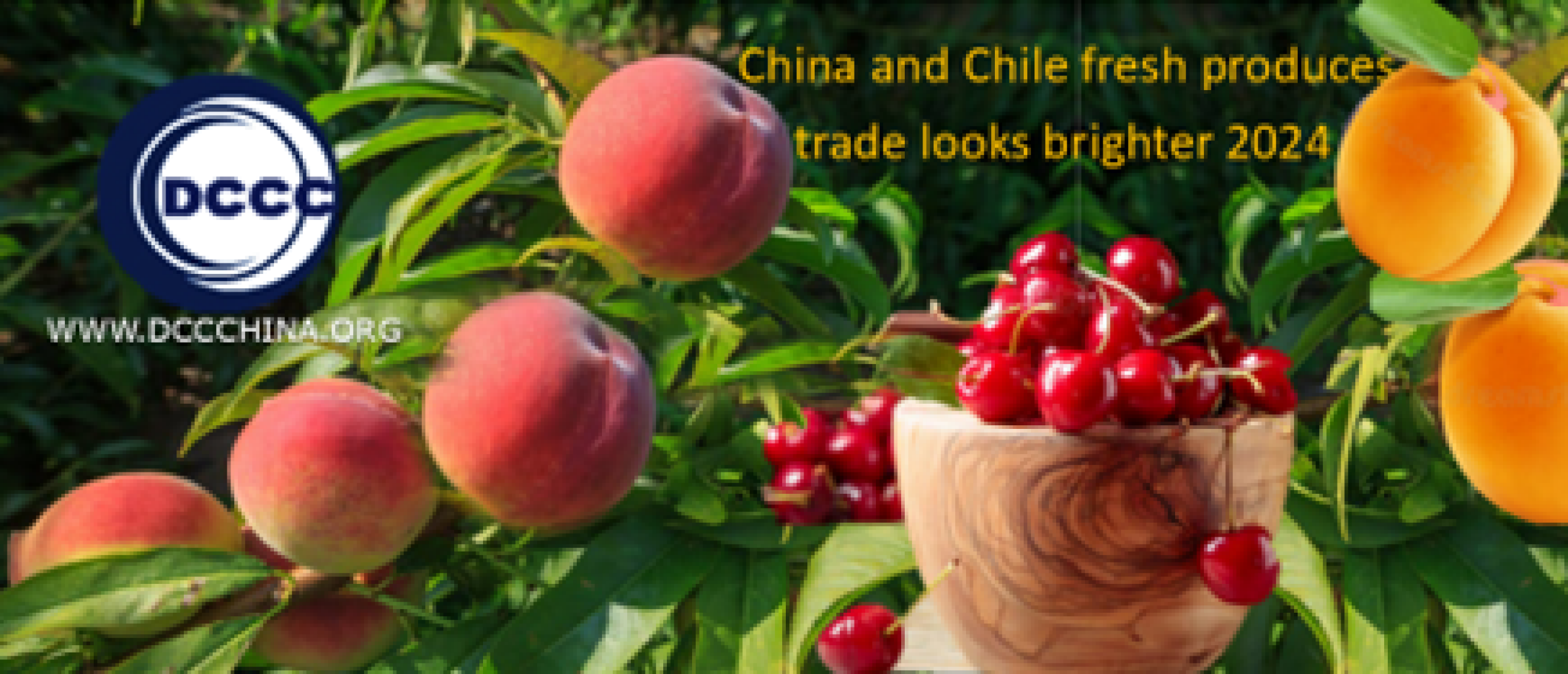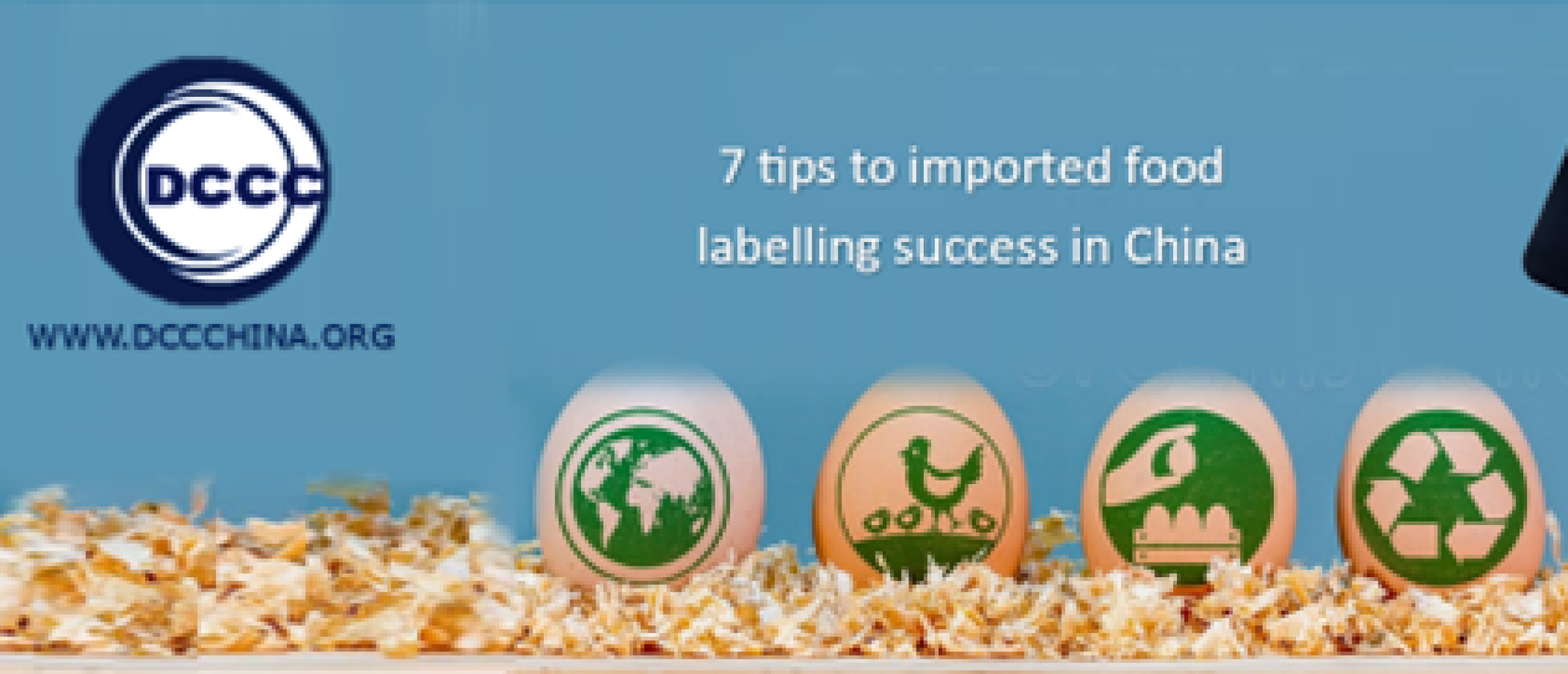
7 tips to imported food labelling success in China
 To gain the latest insights into how imported food labelling success in China can enhance your food business, effectively cope with common risks for imported Chinese food labelling requirements is challenging. Seven tips to imported food labelling success.
To gain the latest insights into how imported food labelling success in China can enhance your food business, effectively cope with common risks for imported Chinese food labelling requirements is challenging. Seven tips to imported food labelling success.
To reduce common risks. How to effectively cope with common risks for imported food labelling is challenging, the food chain has become increasingly complex China’s labelling requirements for imported food is rooted in food law in China, there is no alternative, but act upon.
This means, if you are importing prepacked foods to China, your outdated-style labels need to be updated, or you will have to display labels as Chinese food law required for the first time.
The main thing is that all food producers and suppliers, merchants, including manufacturers must correctly understand the Chinese food labelling legislation well enough to create compliant labels. Most small or middle-sized overseas food businesses do not have the capacity to deal with these requirements on their own.
Particularly, for food businesses that produces finished foods (goods) from raw materials by using various tools, equipment, and processes, and then sells the foods (goods) to consumers, wholesalers, distributors, retailers, or to other manufacturers to produce more complex goods, the food chain has become increasingly complex.
As a food small or middle-sized business, how can you fulfil food labelling requirements in China that will enable you to import your food products into the Chinese market effectively. Here are seven tips to imported food labelling success in China - to reduce common risks…all will make your works easier!
 Keep close watch imported food related newest Chinese regulations
Keep close watch imported food related newest Chinese regulations
The rules for imported food, particularly food labelling are important in China, in order to import your food products to China successfully, keep in line with the latest China imported food labelling requirement is the first step for your food business expand to China, and your food products import to the Chinese market effectively.
When the market situation changed, the laws are also changed. From time to time, China food import authorities updating its rules for imported food that is closed linked with China market demand, particularly the packaging food is growing section, therefore, the China’s labelling requirements for imported food updating its related rules, to check up the newest rules, and to fix your labelling, making sure your products within the imported food labelling requirement in China.
Get more technique involving with professional consultants
Regulatory advisors, food professionals and nutritional scientists possessed advance knowledge in an area of the food sciences, who are qualified to review your products, identify allergens, calculate nutritional composition, and create your labels. However, this is also costly practice. Most often, to consult food labelling insiders to cast out doubts or confusions is necessary.
Those insiders and experts are specialized in handling and helping to sort out imported food labelling technique issues. this is advisable if you know that you require professional advice, and to not seek relating institutional opinions, or recommendations could be seen as operating without due care or responsibility.
Prevent linguistics food terminology misinterpretation
For food products suppliers to the Chinese market across the global, failure to understand or interpret food labelling technical terms correctly certainly damage your food businesses, therefore, this is advisable if you know that you require professional advice and that it might be necessary to translate your food label to additional languages or create a multiple-language label.
If you export your food products into China, it is best to find a solution that can provide accurate translation of your food product labels, certified linguistics translation services and can also assist or backing foreign country food labelling fitting to Chinese standards.
Be patient with route to pre-market approvals
This is advisable if you know that your food products require professional certification or pre-market official approvals to enter the Chinese market.
Prepared yourself and your food business in advance with well organized related documents, and knowledge-based China’s food labelling requirements, understanding the bigger picture of regulatory food labelling requirements, master the route to pre-market approvals, follow step by step the necessary process of food labelling examinations, to achieving maximum results.
Willing to cooperate when non-conformity occurred
This means, even with fully preparation, understand the legislation well enough to create compliant labels, still non-conformity take place. Under such circumstances, it is advisable if you know that you require to report to local regulatory authorities by profession, without delay to address the concerned issue as soon as possible.
In this way, rectifying errors and maintaining business honesty can be seen as operating with due care or responsibility. It indicates right business ethnic, which will enable you to fulfil your legal obligation to provide accurate information about your food.
Prevent dishonest providers to capitalize on profits
If consumers have considered food a commodity, consumers expect to be informed about the foods that choose to consume. However, by bulking out raw materials or disguising inadequate quality fraudulent food products as superior rich nutritious.
There are dishonest providers have tried to capitalize on profits from misled consumers, at worst, the safety of the food and its labelling is compromised, and consumers’ health and wellness is under risks. Therefore, imported food labelling in China requires an initiative-taking approach to ensure compliance and safeguard against risks takers.
Transparency and traceability are required
Accurate food information is at the center of food regulation. Today, as global food supply chain has become increasingly complex, to ensure that consumers are provided by food suppliers with a large-scale quantity of imported food products safety cross China has become more challenging.
The better rules are needed to protect consumers, and the accurate food information is provided by the food producers is at the center of food regulation.
Transparency and traceability are required at every link in the supply chain of food products, each link must be as dependable as the next if the health of consumers is to be adequately protected.
Therefore, that rigorous regulation of food safety is important today. to imported food labelling success in China - to reduce common risks, keep transparency and traceability is required.
Imported food in China is a bigger trend that still running till today, it only keeps growing, and no sign to slow down, despite the food supply chain has become increasingly complex, Chinese market offers profitable business opportunities for food producers, packaged-food traders, and food supplying countries to China.
China is top importer for food products, particularly, packaged foodstuffs and agricultural products, meat, dairy, coffee, poultry, beef, etc.
There are more foodstuffs imported to the Chinese market in recent years, due to China growing demands for quality food. Also, more overseas foodstuff producers are encouraged by the prosperity of the Chinese consumers want to purchase imported food for a better quality and tastes.
For international food producers, packaged food suppliers, food supply chain businesses that try to import food products to China, now the Chinese importers/distributers for packaged food products in China is available upon request.
Join the countless of food supply entrepreneurs, food business owners, and small vendors who have elevated their food business and resulting improved profits to a whole new level of success through this edition China imported food labelling requirements – guide food importing to China for overseas food businesses (totally revised and updated)
For further information. Please contact China Chamber: DCCCHINA.ORG - the authentic China commercial organization assists foreign companies to connect and contact reliable Chinese importers in details, including food products importers, fresh produces importers, coffee importers and beer beverages distributors.


